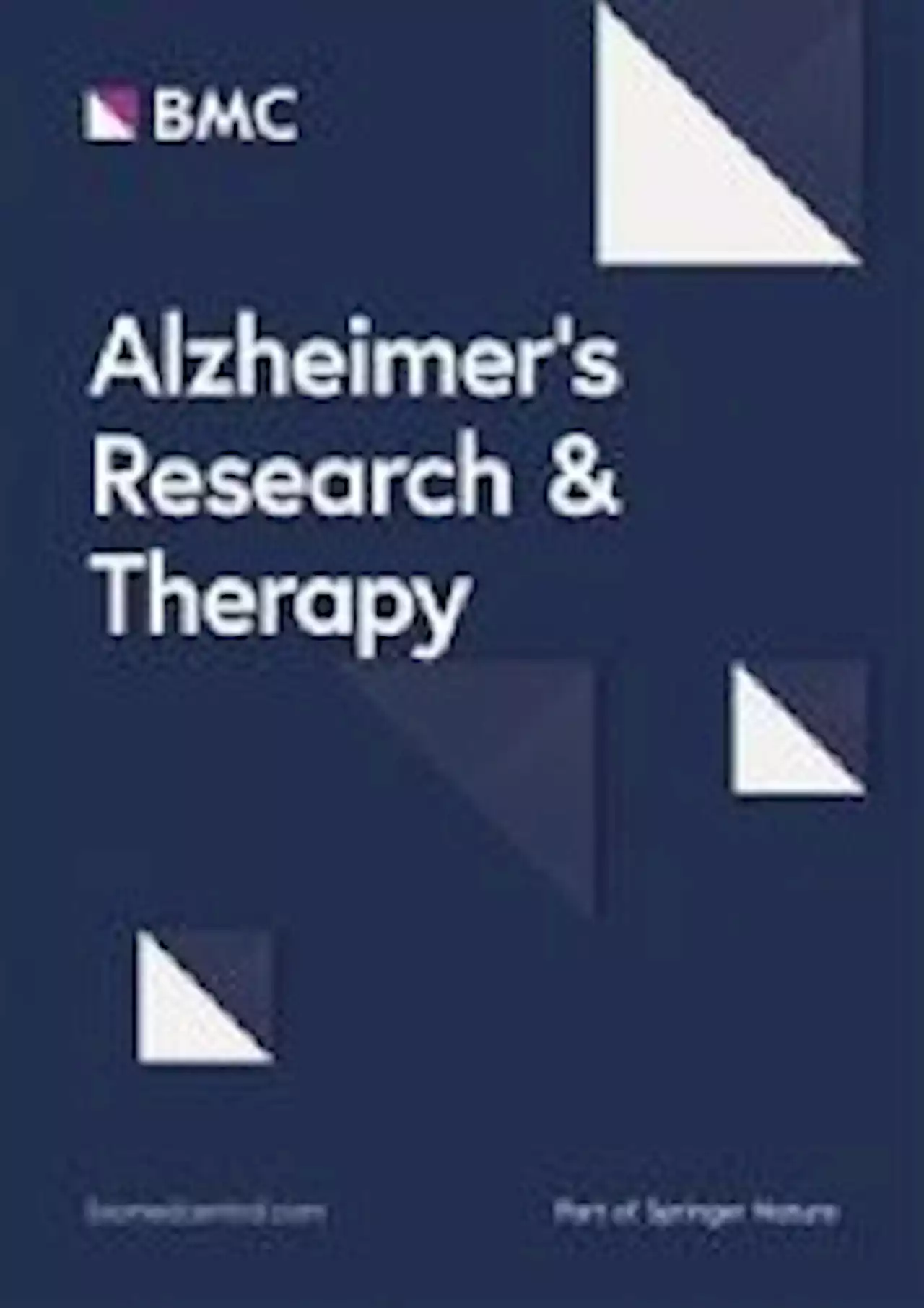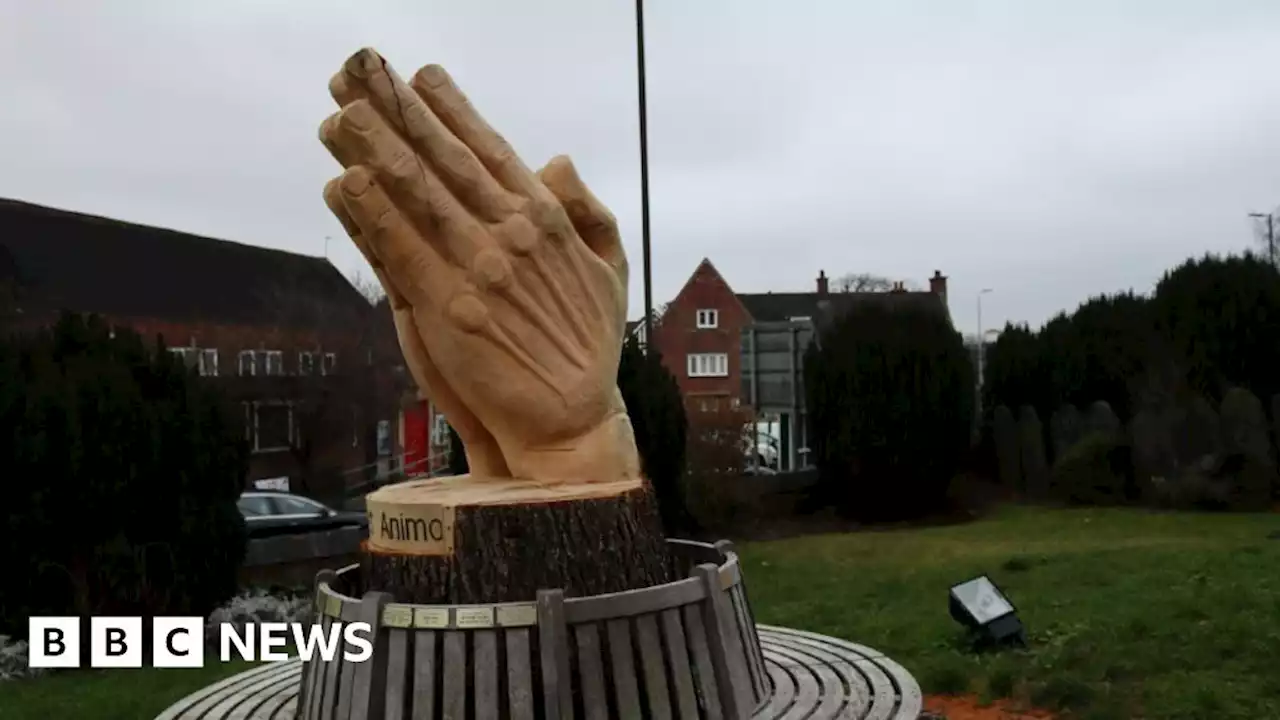Peter Andre ‘worries every day’ as mum diagnosed with Parkinson’s and Alzheimer's
Peter Andre has opened up about his devastation over his beloved mum’s declining health, revealing that she has been diagnosed with Parkinson’s and Alzheimer’s.
He added: “We worry every single day as it takes hold. I will cherish every moment I have.” In a second reply, Pete said: “It’s so cruel seeing it take hold.”Pete also wrote in his column for us this week: “It was my mum’s 87th birthday last week and it was nice we were with her so close to it. It’s never easy to see people declining when they get older, especially when it’s your own mum.
“It could impact in different ways. If you have dementia and Parkinson’s you’re at risk of falling but you might not remember you’re at risk of falling, so you might keep trying to stand up and do things the way that you used to, and then have a fall. “And then generally, it’s about taking things day by day and trying to understand what your relative is going through and supporting them as best you can.
As he returned home last week, the singer discussed the visit in his column, saying: “The joy my mum had when the kids were around was incredible. Leaving her and my dad is always hard. I’m so happy that we were able to make some great memories.” “I went to Australia earlier this year. I’m glad to be spending more time there because of my mum now. So, I try to go three or four times a year if I can now.”
United Kingdom Latest News, United Kingdom Headlines
Similar News:You can also read news stories similar to this one that we have collected from other news sources.
 Epidemiological evidence that Alzheimer's and Parkinson's could be caused by viral infectionsEpidemiological evidence that Alzheimer's and Parkinson's could be caused by viral infections Brain Coronavirus Dementia Encephalitis EpsteinBarr Virus Genotyping Influenza Neurodegeneration Parkinsons Alzheimers NeuroCellPress
Epidemiological evidence that Alzheimer's and Parkinson's could be caused by viral infectionsEpidemiological evidence that Alzheimer's and Parkinson's could be caused by viral infections Brain Coronavirus Dementia Encephalitis EpsteinBarr Virus Genotyping Influenza Neurodegeneration Parkinsons Alzheimers NeuroCellPress
Read more »
 André Rieu to perform alongside Johann Strauss Orchestra in Aberdeen and GlasgowThe violin superstar will visit Scottish venues in May ad andrerieu
André Rieu to perform alongside Johann Strauss Orchestra in Aberdeen and GlasgowThe violin superstar will visit Scottish venues in May ad andrerieu
Read more »
 Remembering Artist and Adventurer Peter BeardThe revered wildlife adventurer, artist and photographer was found dead this weekend near his home in Long Island
Remembering Artist and Adventurer Peter BeardThe revered wildlife adventurer, artist and photographer was found dead this weekend near his home in Long Island
Read more »
 Walking pace, handgrip strength, age, APOE genotypes, and new-onset dementia: the UK Biobank prospective cohort study - Alzheimer's Research & TherapyBackground The independent and additive associations of walking pace and grip strength on dementia risk and the potential modifying effects of age, APOE phenotypes, and other dementia risk factors on the walking pace and dementia relationships demand further clarification. We aimed to investigate the independent and additive relationships of walking pace and handgrip strength on the risk of new-onset dementia and examine the potentially modifying effects of age, APOE phenotypes, lifestyle factors, and family history of dementia in the relationships. Methods A total of 495,700 participants from the UK Biobank, who were free of dementia at baseline, were included in this study. Walking pace was self-defined as slow, average, or brisk. Handgrip strength was assessed by dynamometer and was divided into sex-specific quartiles. The APOE genotypes were determined by a combination variant of rs429358 and rs7412. Other dementia risk factors, including education, physical activity, hypertension, depression, diabetes, and family history of dementia, were also collected. The primary outcome was new-onset all-cause dementia. Results Over a median follow-up duration of 12.0 years, 3986 (0.8%) participants developed new-onset all-cause dementia. Compared with those with slow walking pace, participants with average (HR, 0.61; 95%CI: 0.55–0.68) or brisk (HR, 0.59; 95%CI: 0.52–0.67) walking pace had a significantly lower risk of new-onset all-cause dementia. Moreover, compared with those with both slow walking pace and lower handgrip strength (the first quartile), the lowest risk of new-onset all-cause dementia was observed in participants with both average or brisk walking pace and higher handgrip strength (the 2–4 quartiles) (HR, 0.45; 95%CI: 0.40–0.52). Notably, the negative relationship between walking pace and the risk of new-onset all-cause dementia was significantly reduced as APOE ε4 dosage increased (APOE ε4 dosages = 0 or 1: brisk vs. slow: HR, 0.55; 95%CI: 0.48–0.63; vs. A
Walking pace, handgrip strength, age, APOE genotypes, and new-onset dementia: the UK Biobank prospective cohort study - Alzheimer's Research & TherapyBackground The independent and additive associations of walking pace and grip strength on dementia risk and the potential modifying effects of age, APOE phenotypes, and other dementia risk factors on the walking pace and dementia relationships demand further clarification. We aimed to investigate the independent and additive relationships of walking pace and handgrip strength on the risk of new-onset dementia and examine the potentially modifying effects of age, APOE phenotypes, lifestyle factors, and family history of dementia in the relationships. Methods A total of 495,700 participants from the UK Biobank, who were free of dementia at baseline, were included in this study. Walking pace was self-defined as slow, average, or brisk. Handgrip strength was assessed by dynamometer and was divided into sex-specific quartiles. The APOE genotypes were determined by a combination variant of rs429358 and rs7412. Other dementia risk factors, including education, physical activity, hypertension, depression, diabetes, and family history of dementia, were also collected. The primary outcome was new-onset all-cause dementia. Results Over a median follow-up duration of 12.0 years, 3986 (0.8%) participants developed new-onset all-cause dementia. Compared with those with slow walking pace, participants with average (HR, 0.61; 95%CI: 0.55–0.68) or brisk (HR, 0.59; 95%CI: 0.52–0.67) walking pace had a significantly lower risk of new-onset all-cause dementia. Moreover, compared with those with both slow walking pace and lower handgrip strength (the first quartile), the lowest risk of new-onset all-cause dementia was observed in participants with both average or brisk walking pace and higher handgrip strength (the 2–4 quartiles) (HR, 0.45; 95%CI: 0.40–0.52). Notably, the negative relationship between walking pace and the risk of new-onset all-cause dementia was significantly reduced as APOE ε4 dosage increased (APOE ε4 dosages = 0 or 1: brisk vs. slow: HR, 0.55; 95%CI: 0.48–0.63; vs. A
Read more »
 Oadby church tree stumps turned into sculpturesThe cedars at St Peter's in Oadby were partially felled after branches came down in the churchyard.
Oadby church tree stumps turned into sculpturesThe cedars at St Peter's in Oadby were partially felled after branches came down in the churchyard.
Read more »
